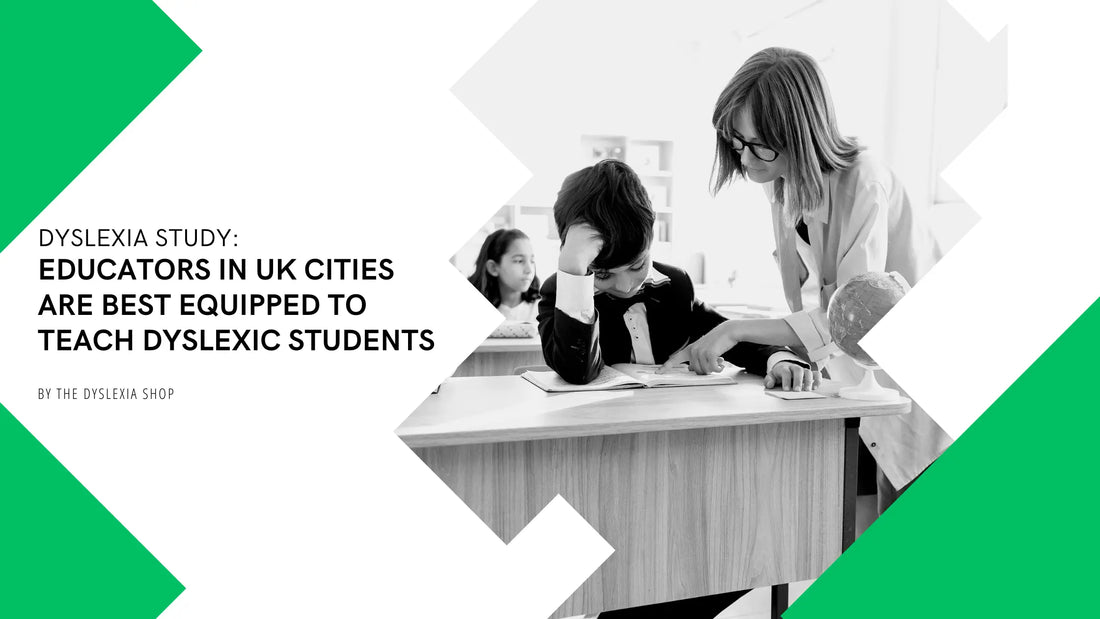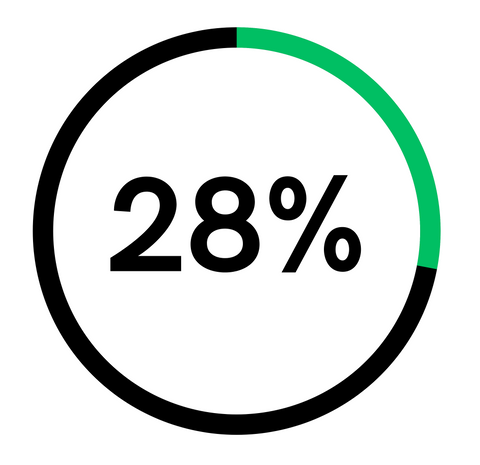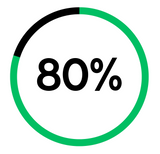
Dyslexia Study: Educators in UK Cities are Best Equipped to Teach Dyslexic Students
A recent study, conducted by The Dyslexia Shop, sheds light on dyslexia in UK classrooms with educators across certain regions appearing to be more confident and well-equipped with tools and training than other areas.
Arguably, the feedback shared by teachers, teaching and learning support assistants (TLSA's) and support staff are merely a reflection of what’s been happening with UK education system of late.
But whether these findings come as a surprise or not, this new study certainly does aid to the important conversations on meeting the needs of dyslexia students. With that in mind, here are some of the key takeaway findings from the study that we found interesting.

Teacher Confidence Varies Across Regions
On the other hand, Liverpool ranked as the least confident city, with 71% of teaching staff feeling ill-equipped to teach dyslexic students. Leeds and Bristol trailed behind, with confidence levels of 65% and 61%, respectively.
Less Than a Third of Teaching Staff Feel Confident

The findings show that only 28% of UK teaching staff feel confident in their ability to assist students with dyslexic needs. This shortage of confidence is accompanied by a lack of adequate training and support in many educational institutions.
Of secondary teachers surveyed, a significant 32% believe they are not adequately trained or supported to help students with dyslexia. This sentiment is shared by 28% of teaching staff across all levels.
Interestingly, this feedback from teaching staff seems to inadvertently point to potential future solutions like the Dyslexia Screening and Teacher Training Bill - a bill (in progress) to ensure all children are screened for dyslexia in primary school. The bill is also designed to empower teachers and support staff with the correct training needed to teacher students with dyslexia. Though the efficacy of this remains to be seen when (or if) the bill is implemented.
More Dyslexia Resources and Training are Needed
Specifically, the study highlights that majority of teaching staff recognise the need for more resources and training to better assist children/students with dyslexia.

80% of respondents called for additional resources to aid their efforts, closely followed by improved training, which 78% of teachers deemed necessary.
While early diagnosis and smaller class sizes were also suggested as potential support systems, they garnered support from 50% and 41% of respondents, respectively, making it clear that teachers and support staff perceive these measures as crucial for addressing the issue.
More Access Needed For Correct Teaching Aids and Tools

In terms of the tools at their disposal, less than half (45%) of secondary school teaching staff reported being provided with teacher aids, tools, and equipment specifically tailored to support students with dyslexia.
Assistive technology and multisensory learning techniques were being used by 35% and 30% of teachers, respectively, to assist in classrooms.
One in Ten (8%) Unable to Recognise Signs of Dyslexia

The study unveiled another concerning aspect as well: nearly 10% of teachers believe they are unable to recognise the signs or symptoms of dyslexia, and a startling 2% of teaching staff confessed to employing no methods whatsoever to help dyslexic children in their studies.
Among the subjects surveyed, computing studies staff displayed the lowest level of confidence in addressing dyslexia-related challenges.
Research Findings are Unsurprising
One particularly insightful perspective came from Andy Tuck, a Cornish Chef and Southwest Regional semi-finalist in the BBC's Great British Menu. Andy, who is dyslexic himself, shared his own personal experience:
"I don’t find these results too shocking sadly. I was quite lucky at my school but I did have moments where I really suffered with my dyslexia and found I wasn’t very well supported or understood by teachers. I took to cooking as a way to be creative and feel empowered and successful without words."
Elsewhere, Honor Page, Director of The Dyslexia Shop, also reflected on the findings:
“Sadly these findings aren’t a massive shock to those of us affected by Dyslexia. I can’t speak for everyone, but I have spoken to hundreds of sufferers over the years who have consistently found themselves being overlooked, under supported and generally treated in a way that makes them feel stupid, rather than special.
Final Thoughts
In light of these insights, it's clear that urgent action is needed to address the dyslexia crisis in UK education. Evidence, like this study, continues to illuminate the same challenges and hurdles facing those with dyslexic needs and those within the education sector.
With proper support, training, and resources, teachers and support staff can play a pivotal role in helping dyslexic students thrive and realise their potential. It's important for education ministers and stakeholders to consider these findings and take steps to equip teachers with the tools they need to create an inclusive and supportive learning environment for all students, regardless of their learning differences.
